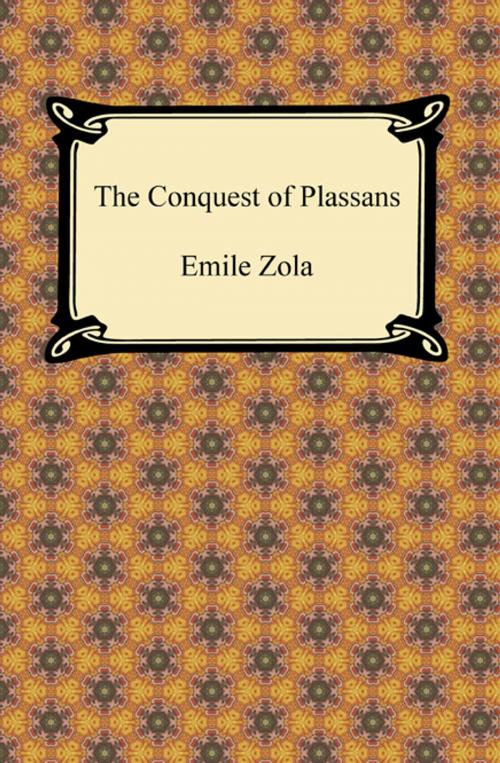| Author: | Emile Zola | ISBN: | 9781420951042 |
| Publisher: | Neeland Media LLC | Publication: | December 15, 2009 |
| Imprint: | Digireads.com Publishing | Language: | English |
| Author: | Emile Zola |
| ISBN: | 9781420951042 |
| Publisher: | Neeland Media LLC |
| Publication: | December 15, 2009 |
| Imprint: | Digireads.com Publishing |
| Language: | English |
Emile Zola is perhaps the most important, and certainly one of the most controversial, writers of 19th century French literature. Zola dramatically shaped the course of literature through the development of naturalism, characterized by the unsentimental and realistic portrayal of class in French society. His twenty novel cycle "Les Rougon-Macquart" is epic in scope, often drawing comparisons to the prolific output of Balzac. Here in the fourth installment of that epic collection we find "The Conquest of Plassans," which centers on the fictional Provencal town of Plassans. The generally pleasant lives of the townspeople are disrupted when the strange and sinister cleric Abbé Faujas comes to town. As the story unravels it becomes evident that the cleric has arrived to try and win influence in the town for outside political forces. Through a series of intrigues, plots, slanders and insinuations, Faujas begins to unravel the otherwise harmonious community. No family is more impacted by the cleric's machinations than that of Francois Mouret. The suppressed English edition of "The Conquest of Plassans" first published in the late 19th century by Henry Vizetelly is presented here in this volume.
Emile Zola is perhaps the most important, and certainly one of the most controversial, writers of 19th century French literature. Zola dramatically shaped the course of literature through the development of naturalism, characterized by the unsentimental and realistic portrayal of class in French society. His twenty novel cycle "Les Rougon-Macquart" is epic in scope, often drawing comparisons to the prolific output of Balzac. Here in the fourth installment of that epic collection we find "The Conquest of Plassans," which centers on the fictional Provencal town of Plassans. The generally pleasant lives of the townspeople are disrupted when the strange and sinister cleric Abbé Faujas comes to town. As the story unravels it becomes evident that the cleric has arrived to try and win influence in the town for outside political forces. Through a series of intrigues, plots, slanders and insinuations, Faujas begins to unravel the otherwise harmonious community. No family is more impacted by the cleric's machinations than that of Francois Mouret. The suppressed English edition of "The Conquest of Plassans" first published in the late 19th century by Henry Vizetelly is presented here in this volume.















